Welcome to Food Section
We provide consulting services to the pharmaceutical industry.
FDMIC is a leading technical services and regulatory affairs consulting group, providing expert support and advice to pharmaceutical and biotechnology companies.
REGULATIONS
We help you to follow the policies setup by the Regulatory Authorities. We prepare and develop training programs that would raise the efficiency of companies which work in the food sector.
FAQs (SFDA references)
Food poisoning is illness caused by any harmful amount of a natural or contaminating substance in a food, but especially illness caused by some highly infective kinds of bacteria. If not prevented -- as it can be by care and good hygiene -- some kinds of bacteria can grow to large numbers in food and produce toxins (poisons) some of which are difficult to destroy by cooking. Other kinds can cause illness by growing to large numbers in the digestive system. Symptoms include abdominal pain, diarrhoea and vomiting, and may last from a few hours to a few days. In extreme cases food poisoning can prove fatal, especially to babies, the elderly and others with weakened immune systems.
Irradiation is a comparatively new method, one method among many, of safe food preservation. It is, however, the only method (apart from ultra-high pressure) of pasteurising without use of heat, and can therefore be valuable in a limited number of cases; for example, soft fruits and prawns, where quality is retained better than in heat pasteurisation. It is a controversial technique but, despite media scare stories, tests show that it is a safe and reliable process. Whether, and to what extent, it will be used for any particular food in a country will depend on govermental approval, economics and public acceptance. As irradiated foods come on the market, so long as there is a continuing public demand for unirradiated versions they will obviously continue to be marketed alongside the irradiated versions. But where the quality and safety of the irradiated products prove superior, and the economics are viable, concerns will in time disappear. This is exactly what happened a few generations ago when similar concerns were expressed about permitting pasteurisation of milk; yet today people happily and safely drink pasteurised milk. No doubt the same will occur with acceptance of irradiated foods in the future.
Spoilage bacteria are microorganisms too small to be seen without a microscope that cause food to deteriorate and develop unpleasant odors, tastes, and textures. These one-celled microorganisms can cause fruits and vegetables to get mushy or slimy, or meat to develop a bad odor.
Most people would not choose to eat spoiled food. However, if they did, they probably would not get sick. Pathogenic bacteria cause illness. They grow rapidly in the "Danger Zone" – the temperatures between 40 and 140 °F – and do not generally affect the taste, smell, or appearance of food. Food that is left too long at unsafe temperatures could be dangerous to eat, but smell and look just fine. E. coli O157:H7, Campylobacter, and Salmonella are examples of pathogenic bacteria.

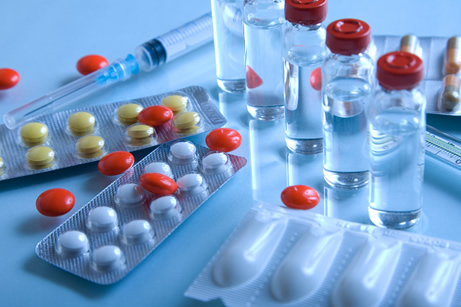

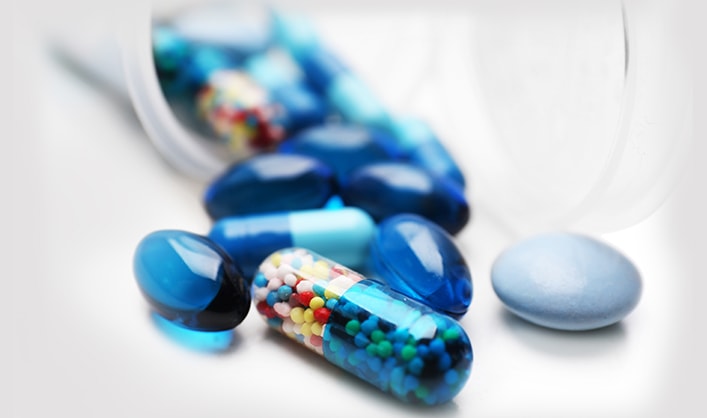


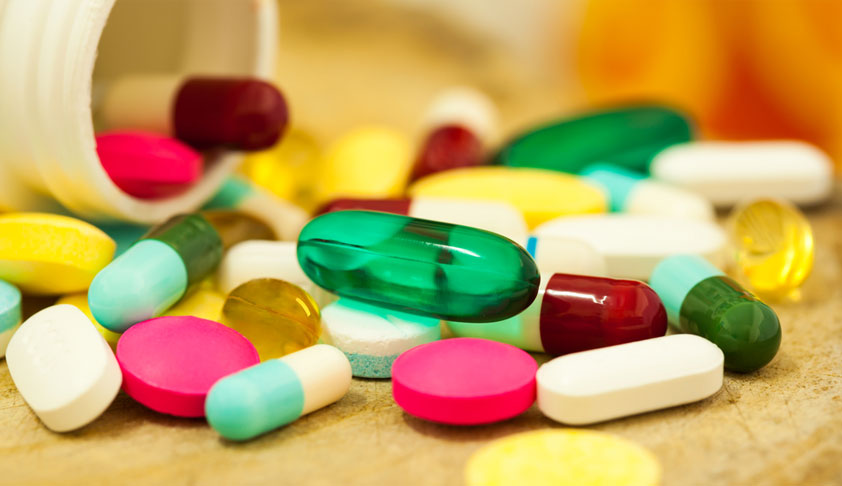
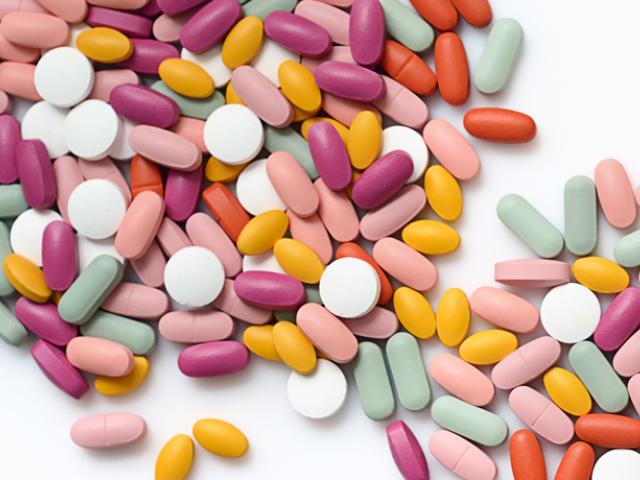

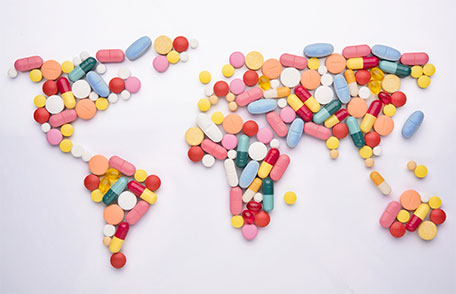
Connect with Us
Connect Us Today for More Info - (973) 3399 9044